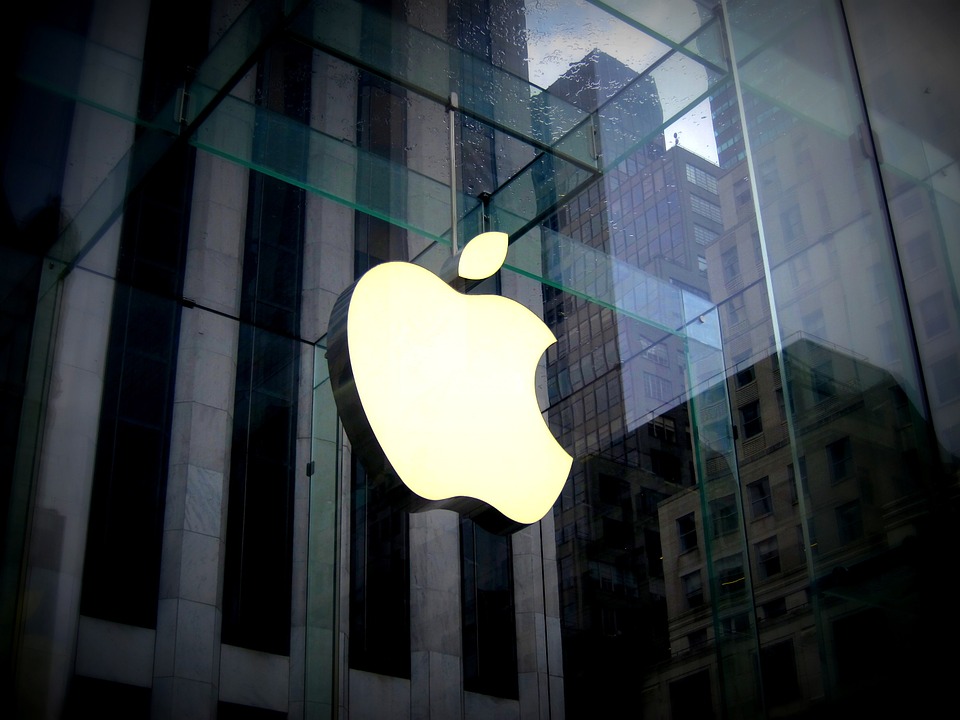Apple ‘hacky hack hack’: hacked
August 18, 2018 | Expert Insights

A Melbourne private schoolboy who repeatedly broke into Apple’s secure computer systems is facing criminal charges after the technology giant called in the FBI.
Background
Apple had earlier confirmed that almost all of its devices are affected by Intel and Arm chip 'design flaws' that could expose billions of people's personal data to cybercriminals. The flaws leave the devices open to the devastating 'Meltdown' and 'Spectre' bugs, discovered by security researchers. The tech company has warned its customers to only download software for its platforms from trusted sources, like the App Store. Measures released in iOS 11.2, Mac OS 10.13.2, and tvOS 11.2 will to help defend against Meltdown, according to Apple.
A teen hacker from the US, James Kosta was arrested at age 14 by an FBI tactical team for hacking into the systems of major banks, GE and IBM. Luckily for Kosta, the judge decided against the 45-year jail term and instead gave Kosta the option to join the army. This led to a career in the CIA and then a stint as a tech entrepreneur that earned him millions.
Unfortunately, not all teen hacker stories turn out this way. Jonathan James was the first teen in the US incarcerated for cybercrime. At age 15, he was jailed for his first offense.
His hacker career started small, gaining access to his local school system, but it soon escalated and he accessed computers of the Defense Threat Reduction Agency, a division of the United States Department of Defense.
James admitted to installing an unauthorized backdoor access to the Agency’s network and used it to intercept over three thousand messages passing to and from DTRA employees, along with numerous usernames. He also managed to steal the source code for the International Space Station according to NASA, "the software supported the International Space Station's physical environment, including control of the temperature and humidity within the living space." James managed to achieve this incredible intrusion using only his home Pentium computer. He managed to get a lenient sentence, due to his young age.
In 2007, the massive chain TJX was hacked, compromising the personal and credit information of millions of customers. Due to James’s close relation to the hackers, he was investigated in the crime but no connection was found.
A year later, Jonathan James committed suicide convinced he would be charged with hacker offenses related to the TJX compromise that he did not do.
Analysis
A 16-year-old boy has recently hacked into Apple’s mainframe, downloaded 90 gigabytes worth of files and accessed customer accounts because he was a fan of the company and hoped to work there one day, a Melbourne court has heard.
Offences committed from the age of 16 saw him develop computerised tunnels and online bypassing systems to hide his identity until a raid on his family home uncovered a litany of hacking files and instructions all saved in a folder titled “hacky hack hack”.
Apple insists that no customer data was compromised. But ‘The Age’ reports that the boy had accessed customer accounts.
According to statements made in court, the smartphone giant contacted the FBI when it became aware of the intrusion, and the matter was referred to the Australian Federal Police (AFP). An AFP raid on the boy's home revealed two laptops with serial numbers matching those of devices which had accessed the system. Police also seized a mobile phone and a hard drive.
According to The Age, the teen had boasted about his activities in WhatsApp messages. It reports that he had hacked into the firm because he was a huge fan and dreamed of working there. An Apple spokesman in San Francisco insisted on Friday that the Australian teen's unauthorized access had been contained and the incident had been reported to America's Federal Bureau of Investigation (FBI).
Serial numbers of devices, including two Apple laptops used to hack into Apple's network, had subsequently been traced as were Internet Protocol (IP) addresses, said a prosecutor quoted by The Age.
Back in 2016, Apple resisted an FBI bid to force it to unlock an iPhone belonging to a mass shooter in San Bernardino - until an FBI contractor provided an expensive forensic access tool.
Counterpoint
Dr Suelette Dreyfus, a privacy expert from the University of Melbourne’s school of computing and information systems, urged against a punitive sentence.
“Almost all these teens grew out of the technology boundary-pushing of their youth, and then went on to live useful lives and contributing to society. Putting them in prison is often a waste of that potential.
“Young people often make mistakes when they are exploring and rule-breaking especially online – including boasting about their exploits”.
Assessment
Our assessment is that any computer system can be hacked and we should not be in denial of this.








Comments